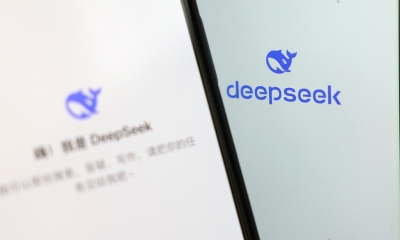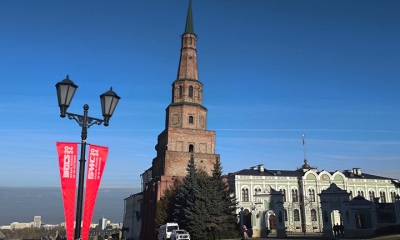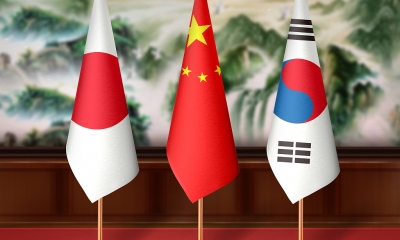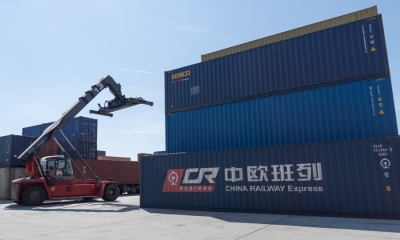Hangzhou Asian Games: Another Opportunity for a Shared Future
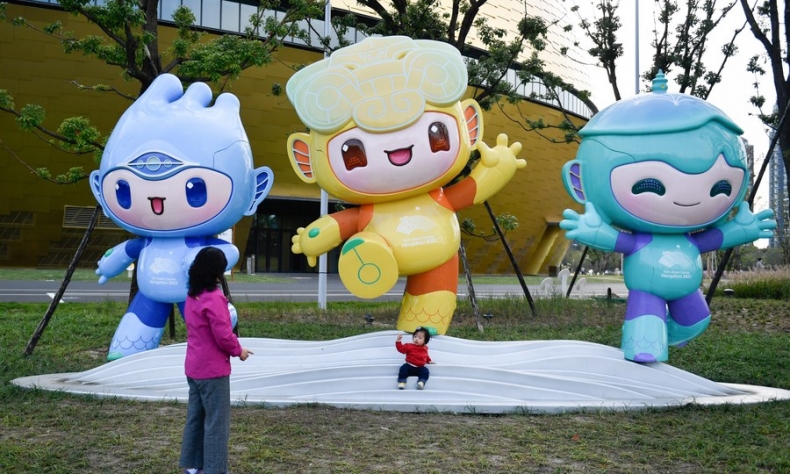
The athletes, no matter where they finish in their events, should be applauded if they compete in a spirit of acknowledging a community with a shared future.
The countdown is now in its final hours: The 19th Asian Games is soon to begin.
Approximately 12,500 athletes from more than 40 nations throughout Asia will compete in events taking place in and close to the Chinese city of Hangzhou. The 19th Asian Games also marks the third time China has hosted the sporting spectacle; Beijing did so in 1990 and Guangzhou had that honor 20 years later.
China has successfully used international sport over the past three decades to cement its status as an active global player. The 1990, 2010 and 2023 Asian Games are three examples. And with Beijing hosting the Olympics in 2008 and 2022, and Chengdu welcoming athletes from across the world for the World University Games earlier this year, there is little doubt that China has supplanted all other countries in seeing the benefits of hosting international sport.
China is a better nation and the Chinese are a better people because they have repeatedly opened wide their doors to international sport and to athletes from well over 100 countries.
No matter how much the International Olympic Committee (IOC) and other international sport governing bodies want you and me to believe that politics and sports should not mix, they do. That mixture is impossible to hide, and it corrodes sport. Cold War history reminds us that the United States and the Soviet Union relished the achievements of their Olympic athletes because both countries wanted those victories to demonstrate the vitality of their political, economic and social systems. And whenever those gold medal-winning performances came at the expense of the other side, then intense propaganda kicked in. More recently, certain political leaders have demanded that some athletes be prevented from participating in the Olympics and other global sport events because of the athletes’ government. Yet, any similar calls for barring athletes from nations that, for example, declared an unnecessary war on one Middle East country, are never taken seriously by the leading Western news organizations and never considered by the IOC or a sport governing body.
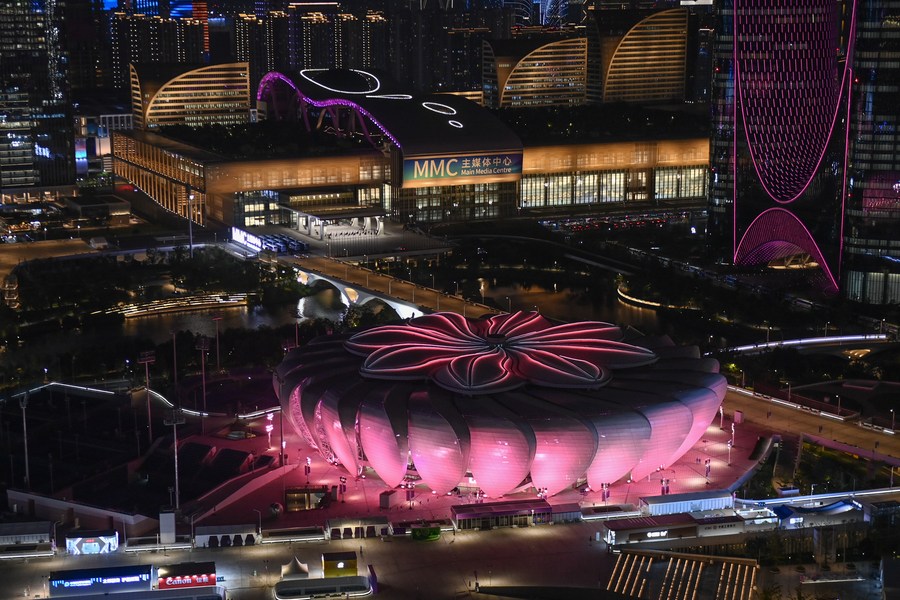
Let’s set aside the raw politics of the Olympics for now and focus our attention on a change that sport can cause: Using sport to advance peace and to better illustrate how athletes — no matter the countries they call home — are more alike than they are different, just like you and I — no matter the countries we call home — are more alike than we are different. When we seek to advance our similarities and ignore our differences, humanity is strengthened. The Soviet Union often was mocked in the United States for advancing such a message during the Cold War.
Fewer people are laughing now.
Under President Xi Jinping, China has repeatedly stated that it values a community with a shared future, a belief that all people — rich or poor, male or female, all ethnicities, all nationalities — must do well in the coming decades. They must have clean air, viable food sources, access to legitimate health care and more. For that to happen, peace and stability must be sought by all nations, hegemonic attitudes must be tossed into the trash, international rules need to be written by all and pertain to all, and global security must be guaranteed.
Days before the World University Games two months ago, I wrote the following words in an editorial for China Focus: “Leaders and private citizens embrace a community with a shared future when they refuse to adopt hegemonic or off-putting attitudes; rather, they want dense and complex interactions with peoples from across the globe so that challenges such as climate change, to name just one, can be addressed. To draw a metaphor often mentioned by Chinese President Xi Jinping, the world is a safer place when one large ship, not 190 different boats, seeks shelter from a storm. And recent history has provided many storms: COVID and other viruses or diseases; persistent evidence of global warming; endemic racism and hatred of people who do not share the same religious or ethnic background; wars that have failed to spread political ideologies; inequity in education and more.”
That message has not changed: When colleges and universities welcome students from all over the world to study and grow on their campus, the world comes closer to a shared future. When nations welcome tourists from all over the world to experience the history and culture of that place, the world comes closer to a shared future. And, yes, when cities welcome prestigious athletes from all over the world to compete on their soil, the world comes closer to a shared future.
With that in mind, let us celebrate the 19th Asian Games in Hangzhou between September 23 and October 8. The athletes, no matter where they finish in their events, should be applauded if they compete in a spirit of acknowledging a community with a shared future.
The article reflects the author’s opinions, and not necessarily the views of China Focus.
 Facebook
Facebook
 Twitter
Twitter
 Linkedin
Linkedin
 Google +
Google +




